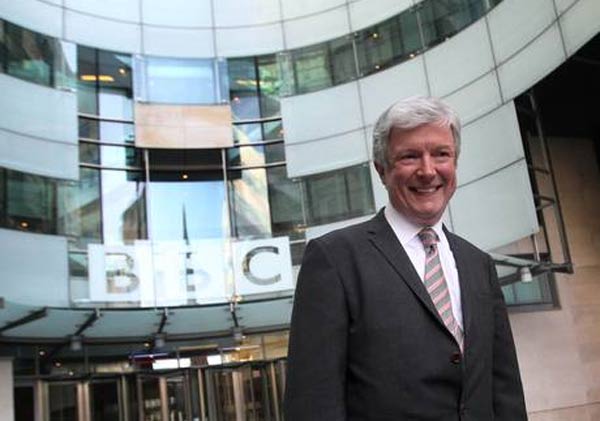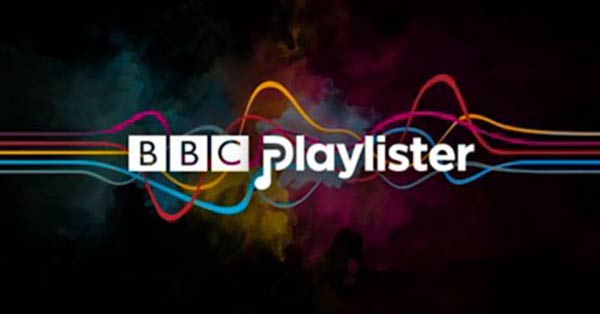Today BBC Director-General Tony Hall has made a speech about his vision for the corporation and outlined some plans for changes to its service provisions. A lot of the announced changes feature the embracing of new technology and so revolve around the BBC iPlayer, its use and its functionality.
Hall said that he wants the iPlayer to be even better and it will be re-invented and transform from its current use as a catch-up service to being online TV. The main changes in this respect will be that shows will be available from not just seven days after broadcast but for 30 days.

Another important feature is called ‘first on iPlayer’ which Hall informs us is being able to see programs on iPlayer even before they are broadcast. The iPlayer will facilitate users clicking and picking what they like, when they like from the available channels to be watched at their convenience, creating their own personalised schedule. Also so-called temporary ‘pop-up channels’ based upon popular current sporting and cultural events will be experimented with.
BBC Store
A new venture that the BBC hopes will be a money spinner is called the BBC Store. When this commercial service launches it “will offer people in the UK the chance to buy a whole range of programmes to watch and keep forever,” explained Hall. People seem to like to buy and keep things permanently, rather than renting or owning time-limited content, so this service could do well. The move will pit the BBC against many other online TV/Film retailers and subscription services in a competitive market.
BBC Playlister
A new music service was also detailed by Hall today. The service is called BBC Playlister and will allow users to “to tag any piece of music they hear on the BBC and listen to it later”. The BBC will work with big name streaming services such as Spotify, YouTube and Deezer “so that you can keep all your favourite music in one place, enjoy it across whatever devices you’re using, wherever you are and, we hope, help you discover and share new music,” said Hall.

Addressing the YouTube generation
The BBC would also like to appeal to new, innovative and exciting programme makers who are part of the “YouTube generation”. It is envisaged that more programmes can be made by these innovative start-up producers while avoiding the “conventional commissioning process”.
BBC1 +1
Another announcement which may be appreciated by UK folk is that there are also plans to introduce a BBC1 +1 channel. That might help people out with their peak-time PVR recording schedules.













